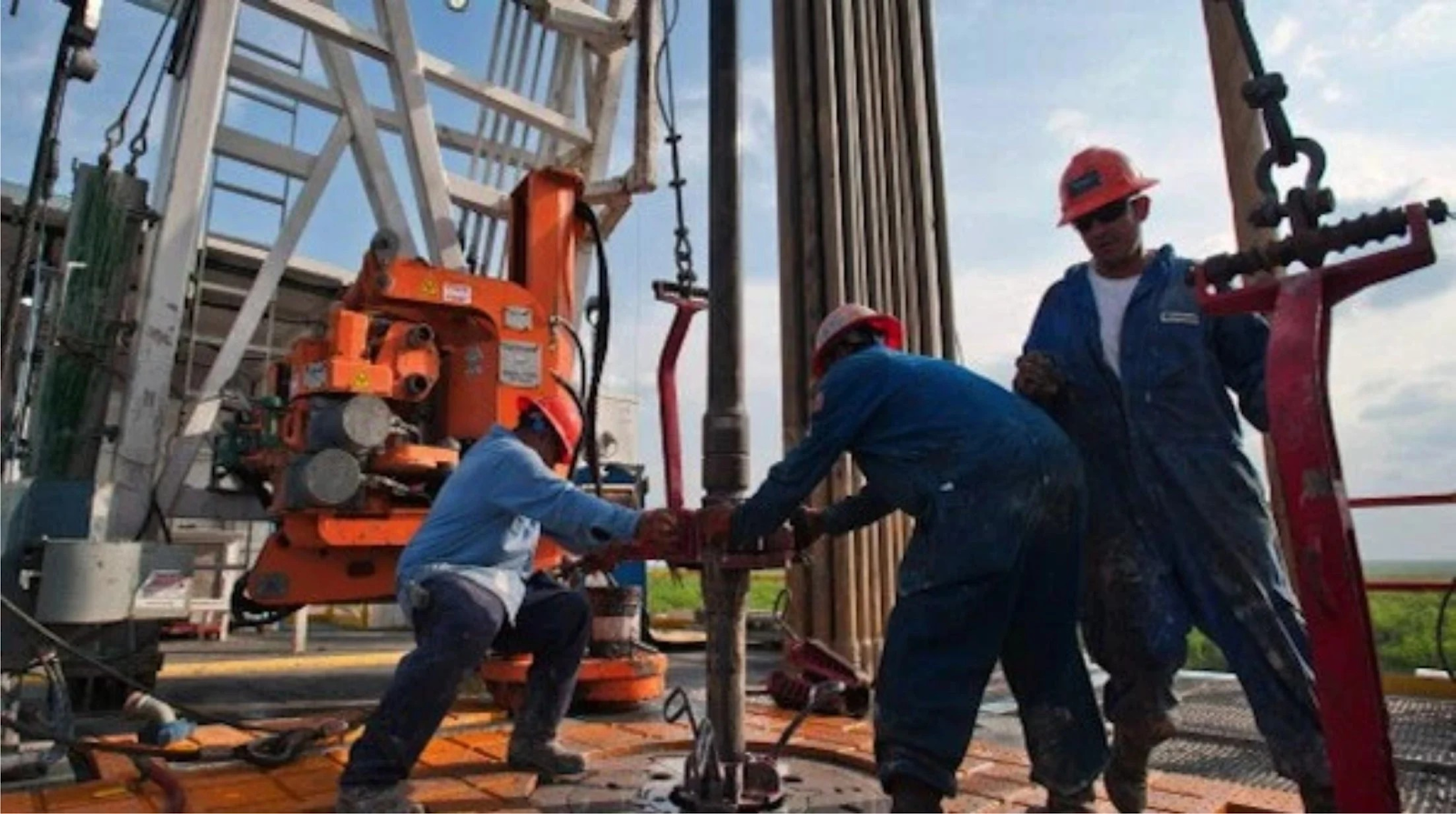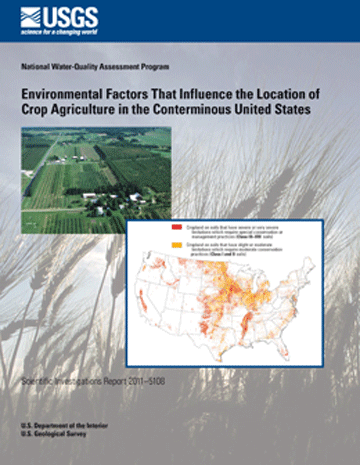Oil production:( Nigeria )leads Q1 shortfall, World Bank cites sabotage
The World Bank has said Nigeria has the largest shortfall among oil-producing countries due to sabotage within the oil production system and other factors, such as low investments and the COVID-19 pandemic.
According to the bank, Nigeria has a shortfall of 500,000 barrels per day, while Angola and Russia both have a shortfall of 300,000 barrels per day.
The Washington-based bank said this in its latest Commodity Markets Outlook report.
The financial institution said that although global oil production rose just under one per cent in the first quarter of 2022 based on a quarter-by-quarter analysis, it was around three per cent below pre-pandemic levels.
It further attributed this increase to the Organization of the Petroleum Exporting Countries Plus.
The report read, “The increase was entirely accounted for by OPEC+, where production rose by about 1 mb/d as the group continued to unwind its earlier cuts. Output among non-OPEC+ countries fell slightly by 0.2 mb/d in the first quarter, with a decline of 0.3 mb/d in the United States partially offset by a modest rise in Brazil.”
However, despite the modest increase, the bank lamented that the oil-producing countries continued to produce below the official target.
Although OPEC+ production increased modestly, the group continues to produce well below its official target. In March 2022, 12 of the 19 countries subject to production cuts were below their quotas. Since the start of 2022, the shortfall has averaged more than 1 mb/d, and in March the gap had widened to 1.4 mb/d as Russia’s production declined.
“At present, the largest shortfalls are in Nigeria (0.5 mb/d) and Angola and Russia (each 0.3 mb/d). Production has been affected by a variety of temporary factors including maintenance (Kazakhstan and Libya), protests (Kazakhstan), sabotage (Nigeria), and bad weather (Iraq, Libya).


Comments